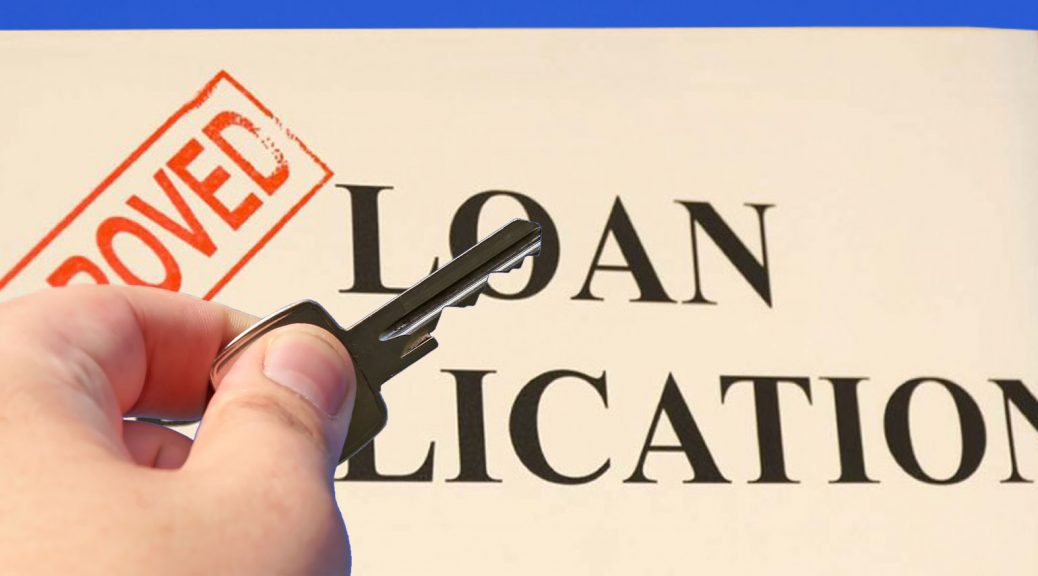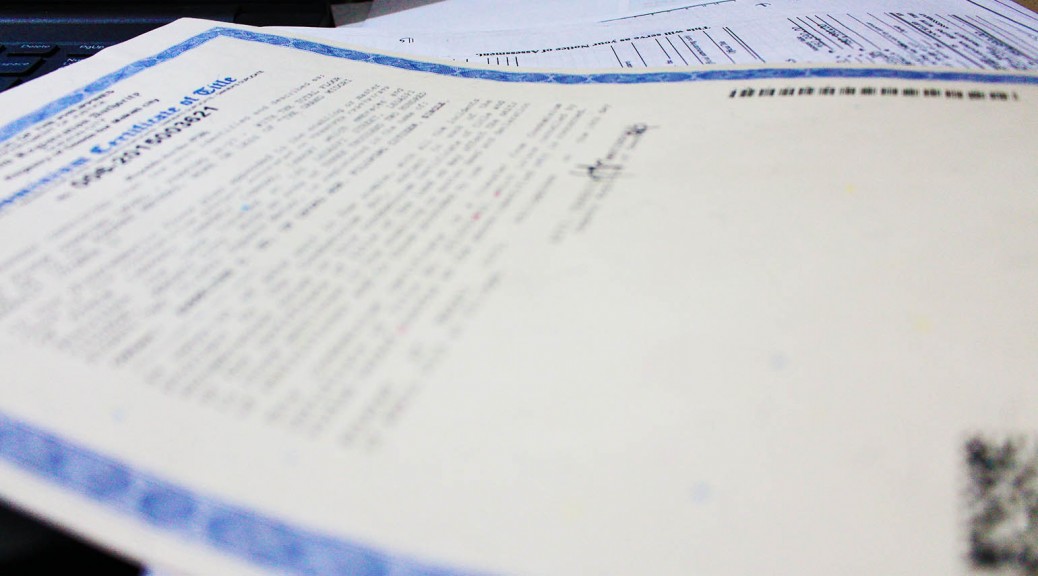
The Power and Responsibility of Issuing Checks
As we operate rental properties, part of our standard requirements from our lessees, are the post-dated checks (cheques). We require these checks to cover each month’s rent in our entire lease contract. And if a person can provide us with PDC’s, we don’t require him anymore to submit additional documents to show his capacity to actually pay the agreed-upon rent.
Why is this? What’s with these checks that they are given so much consideration over other pieces of paper?
For many people, the simple answer is that checks are almost as good as cash. If you have them, you can just go to the bank and have them encashed, right? Well, yes… But these pieces of paper alone are not really that reliable on their own. Anyone can issue you checks connected to a closed bank account or to an account that has insufficient funds.
But despite this, post-dated checks are still actually more reliable than alternative requirements such as employment certificates or the latest payslips or the audited financial statements. The value of the promise embodied in a check, lies in the obligation placed by law unto the person who issued the check.
For the unscrupulous person dealing with a naive and unsuspecting victim, a check is a very powerful instrument of fraud. Many people who don’t fully know how checks work, think that a check is itself a guarantee of the amount written on its face. It can be surprising how people assume that banks will always release the amount indicate on the check.
That’s why checks are relatively powerful. But, with the law on the side of the innocent, a heavy responsibility is given to the issuer of the check.
To fully explain this responsibility, let’s talk about two kinds of liability imposed by law when you try to break a contract or break the law itself. These are the following:
- Civil liability
- Criminal liability
To put simply, civil liability only involves money or any valuable property. You will not get imprisoned if you only have civil liability. You just have to pay.
On the other hand, criminal liability involves actual punishments like imprisonment, or in extreme cases, the death penalty. (Just to be clear, I’m only citing the death penalty as an example of the punishments for criminal liability. This is not to say that all crimes can be punishable by death.)
Now going back to our subject on checks and lease contracts, these two kinds of liability are the main legal implications of our actions.
In the property rentals industry, if you break contracts or even some provisions of the law itself, you usually only get civil liability. Meaning, you only have to pay for the damage and trouble you’ve caused. In most cases, you only have to pay with money.
But if you break some laws that actually prescribe criminal liability, you can really go to jail.
These laws that prescribe criminal liability are collectively referred to as criminal law. One of these laws is the Batas Pambansa Blg. 22 (BP 22), or more commonly referred to as the “Bouncing Checks Law“.
This law prescribes imprisonment of at least 30 days and up to 1 year for violating its provisions. A couple of ways you will violate this law are the following:
- If you issue a check with insufficient or no funds
- If you issue a check and cancelled it with your bank before the payee was able to encash it
So, if a person is not taking responsibility of his check issuances, he will likely get into some serious trouble. We’re talking about serving prison time and having a permanently damaged reputation.
Let’s compare that to another situation where the person only failed on his contractual obligation to pay his rent. The lessor relied on his promise to pay because he was able to show before the start of the lease, some documents that show his financial capacity.
Here, there is no criminal law that got violated. It is only the lease contract that got violated. In cases like this, there is only civil liability involved. The lessee only has to pay the unpaid amount plus interests and damages, if applicable.
When a person issues checks to cover his monthly rentals, he takes on a much greater obligation to comply with his promise. The criminal liability attached to this promise is in most cases, more than enough assurance. This is why those other supporting documents showing financial capacity, are not anymore necessary if checks have already been issued.
Do you have a rental property but would rather have dedicated professionals manage it for you?
Check out our Property Management Services, what we offer could very well be what you’ve been looking for in a long time. (That’s what many of clients said when they found us!)













